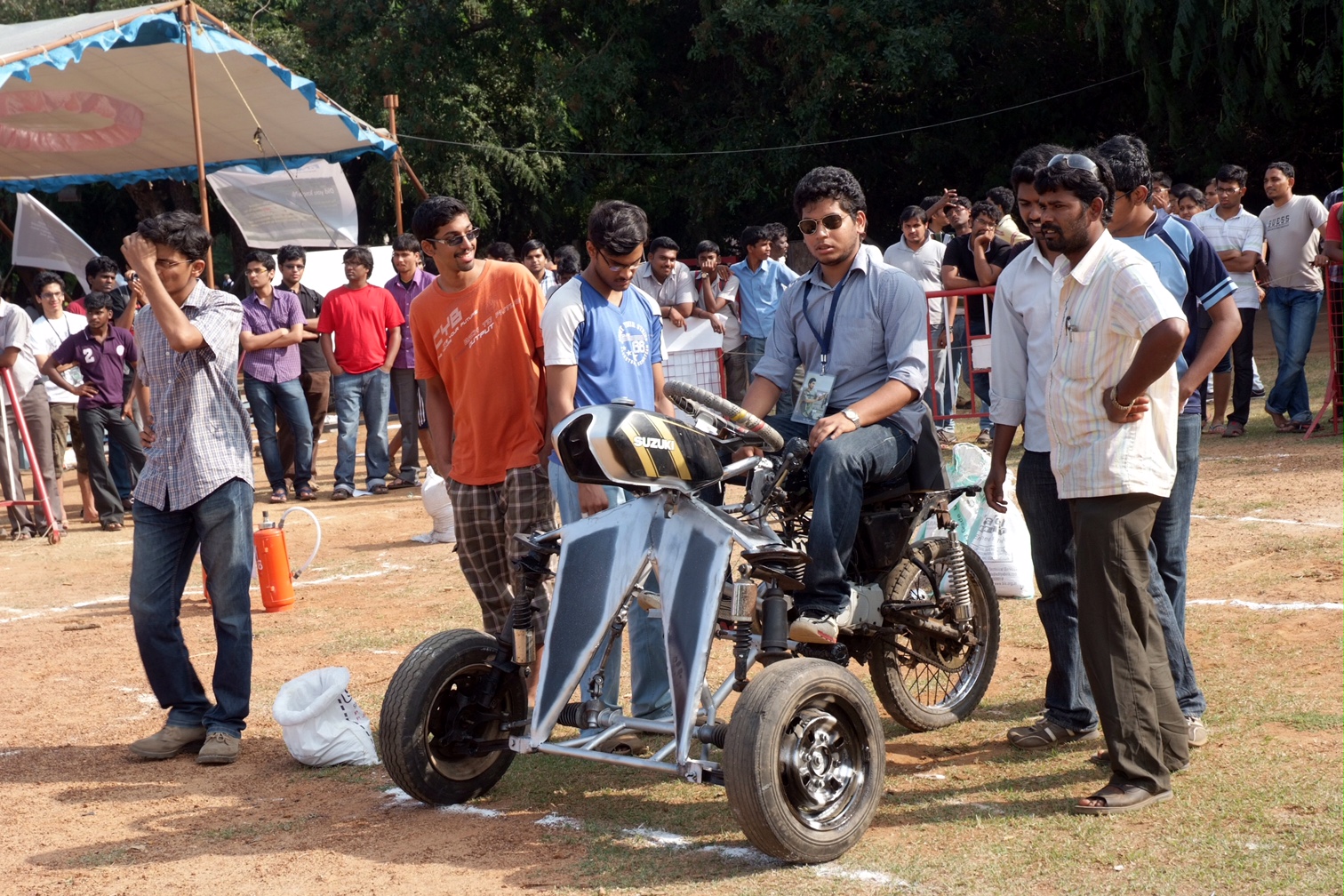Chennai, NFAPost: In Indian Institute of Technology Madras, students have the freedom to choose nearly 50% of the courses that they will be studying, with only some restrictions. Out of the electives, students are free to choose about eight courses (called ‘Free Electives’) from any of the 16 departments of IIT Madras as well as other approved institutions.
The students can get 72 credits from pursuing courses as diverse as ‘History of India,’ ‘Psychology’ and ‘Economics’ to ‘Artificial intelligence’ and ‘Machine Learning.’
If a student chooses four such courses in one contiguous area, they will be conferred a minor in that field. For example, if a student chooses four courses in Economics, IIT Madras will confer a Minor in Economics to that student. There are large number of minor courses being offered by IIT Madras. The detailed curriculum and syllabi for each program can be found here: https://www.iitm.ac.in/academics/academic-curricula
IIT Madras Dean (Academic Courses) Prof. V Jagadeesh Kumar said, “I do not think any other IITs offers the Academic flexibility being provided to students by IIT Madras. Students can have fun and earn credits too.”
Elaborating on this, Prof. Jagadeesh Kumar said, “For example, if a student is interested in building things and builds a robot, the student can avail credits for the same. Students can earn as much as 36 credits in all departments, with certain departments even offering up to 48 credits for such activities. This is not part of a class but something done for fun and if it clicks, it can be converted to credits under the IIT Madras System.”
Speaking about ‘Branch Change’ option at the end of a semester being dispensed with from this academic year, Prof. Jagadeesh Kumar said, “This is not an impediment. IIT Madras admits about 1,300 students and only about 25 to 30 students get a branch change. So, the probability of a student getting a branch change is really small. On the other hand, a student in the fourth semester or fifth semester can upgrade to a large number of interdisciplinary programs, ranging from fields like nanotechnology, biomedical engineering, computational engineering, data science, energy system, robotics and Quantum Science.”
“A new specialisation on Dynamical Systems will soon be added. This year, nearly 200 students have upgraded to such specialisations, which is large numbers when compared with the branch change students. More such specialisations will be added by IIT Madras,” added Prof. Jagadeesh Kumar.
Also, IIT Madras has MoUs with many prestigious foreign universities, most of them are in Europe besides quite a few in the US and other countries. IIT Madras students have the academic flexibility to pursue one entire semester in any of these foreign universities. Whatever courses these students pursue in those foreign universities, IIT Madras will transfer them to their curriculum in the Institute. The list of foreign universities with which IIT Madras has MoUs can be viewed here – https://oir.iitm.ac.in/mou/
Another very unique academic option being offered by IIT Madras is that if students decide that apart from their B.Tech., they also want an MBA, they need to spend only one more year and they can get both their B.Tech. and MBA degrees from IIT Madras.
IIT Madras has several initiatives to encourage women students to apply.
IIT Madras Director Prof. Bhaskar Ramamurthi said that the overall average of women students in IITs was 8% in Undergraduate students a few years ago. However, even at that point of time, IIT Madras had women students accounting for 14% of the overall student strength in UG courses.
“In recent years, with the introduction of supernumerary seats specifically for girl students in IITs, the fraction of girl students in UG courses at IIT Madras has hit 20%. Typically, at IIT Madras, the fraction of women students in the PhD Program is quite high – almost 30%,” added Prof. Bhaskar Ramamurthi.
IIT Madras has established itself as a premier centre for teaching, research and industrial consultancy through the 16 academic departments and several advanced research centres in various disciplines. The courses of study are organised as two semesters and a 3-month summer term.
Students are evaluated on a continuous basis throughout the semester. Evaluation is done by the faculty, a consequence of the autonomous status granted to the Institute. The Institute also offers scholarships to students sponsored by Government, Alumni and corporates.





